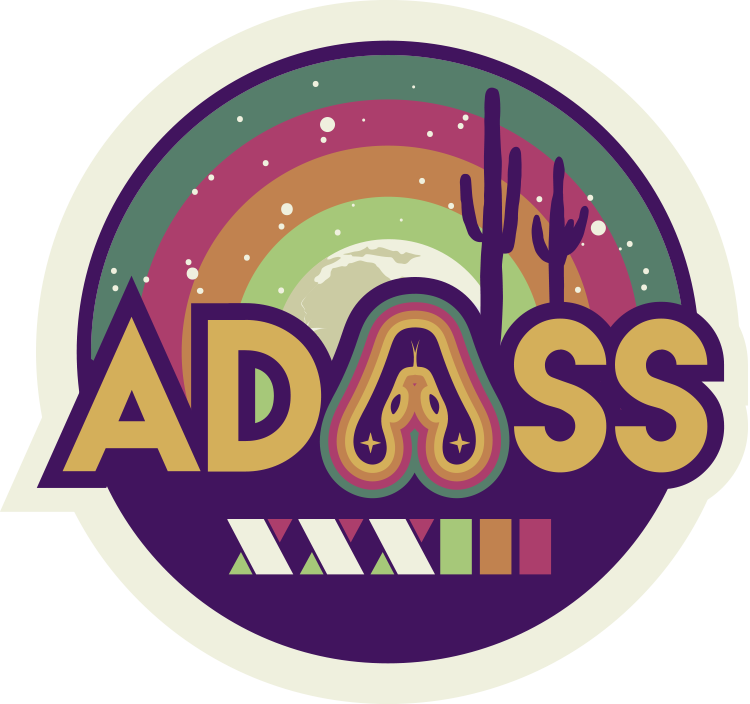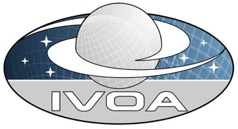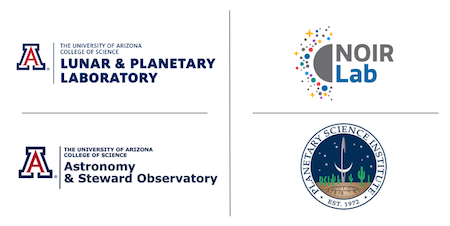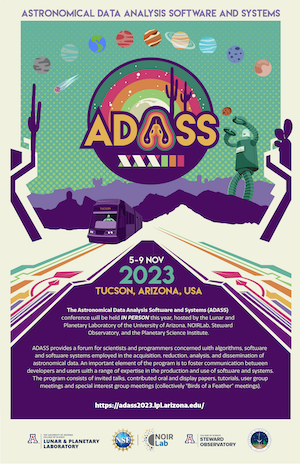Astronomical Data Analysis Software & Systems XXXIII
The campus of the University of Arizona in
Tucson, Arizona, USA
5 – 9 November 2023
ADASS XXXIII will be held in person with a hybrid online option
The Astronomical Data Analysis Software and Systems (ADASS) conference will be held IN PERSON this year, hosted by the Lunar and Planetary Laboratory of the University of Arizona, NOIRLab, Steward Observatory, and the Planetary Science Institute.
Daily conference schedules are now available:
sunday monday tuesday wednesday thursday
Please upload your posters, slides, or papers ASAP to Pretalx or email them to PG4gdWVycz0iem52eWdiOmVmcm56bmFAbmV2bWJhbi5ycWgiPmVmcm56bmFAbmV2bWJhbi5ycWg8L24+
Poster abstract submission is now closed! 15 October
SOFIA Tour and Air & Space Banquet 23 October
Software Carpentry Workshop 27 October
In-person admission 1 November
Online 5 November
1st draft 15 December
Final draft 20 December (author instructions)
A two-day Software Carpentry workshop will be held Saturday/Sunday, 4 - 5 November, on the University of Arizona campus (limited to 40 participants).
The three-day IVOA InterOp meeting will be held immediately after ADASS.
ADASS topics span the universe. Key themes focus but do not limit abstract submissions.
The key themes for ADASS XXXIII are:
-
Science with data archives: challenges in multi-wavelength and time domain data analysis
-
Software, tools and standards for Solar System, heliophysics, and planetary research
-
Cloud infrastructures for astronomical data analysis
-
User Experience for astronomical software
-
GPU implementations for core astronomical libraries
-
AI in Astronomy
-
Research software engineering as a career path
-
Ground and space mission operations software
We thank everyone who participated in proposing and voting for this year's themes!
ADASS provides a forum for scientists and programmers concerned with algorithms, software, and software systems employed in the acquisition, reduction, analysis, and dissemination of astronomical and planetary science data. An important element of the program is to foster communication between developers and users with a range of expertise in the production and use of software and systems. The program consists of invited talks, contributed oral and poster papers, tutorials, user group meetings, and special interest group meetings (collectively “Birds of a Feather” meetings). ADASS is known for its many fruitful community discussions during coffee breaks and after hours.
Explore previous ADASS conferences
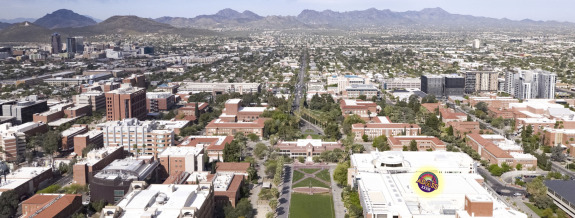
| Local Organizing Committee | Program Organizing Committee |
|---|---|
Host Institutions |
|


